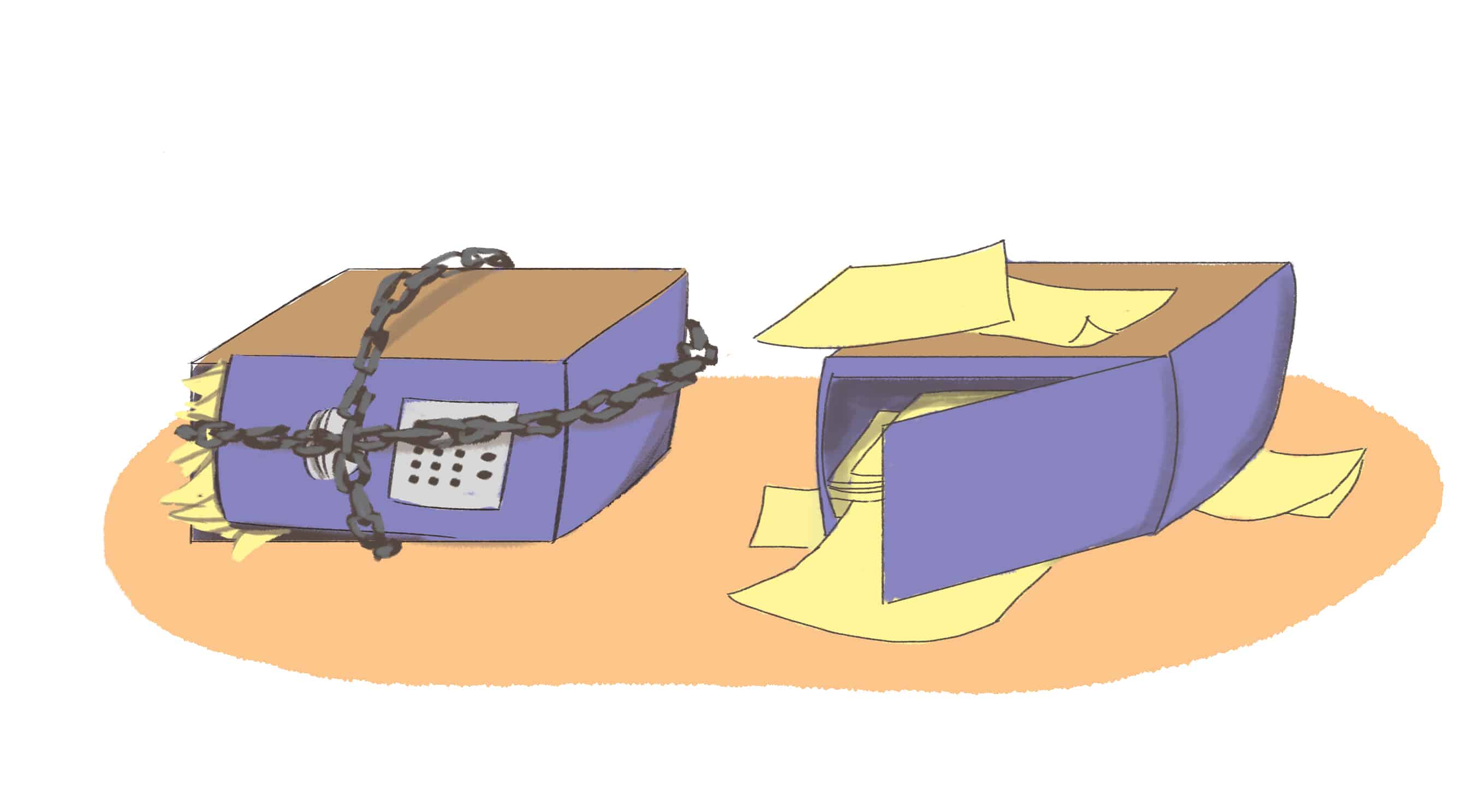For first-year students and returning students alike, many are plagued by the recurring question, “What’s your major?” The answer to it can become the thing that defines you in the eyes of the asker. So when one discloses this information, they cannot help but scrutinize the face of the listener, wondering whether they are impressed, proud, or puzzled by your prospective career opportunities.
As a child, I frequently harped on about wanting to major in medicine. My aspirations eventually changed to majoring in Psychology, after which it changed to Economics and English just before filling out university applications.
Now, a year into my university education, it’s become English and Philosophy.
As the pondering looks continue, I have come to realize that there are ups and downs to being decided and undecided. When it comes to majors, it is best that students adopt a balanced perspective. By exploring their options, while staying grounded, students can ensure they make a well-rounded choice.
Having a sense of direction and purpose is very important in university; a clear path idea of your destination guides you and gives you the confidence, focus, determination, and resilience required to face challenges and succeed. Admittedly, this purpose often comes from having decided on what program and career to pursue, which serves as the ignition to want to work hard, attain high grades, and explore clubs, internships, or volunteering opportunities in your chosen field.
For many people, not yet having made such a decision can result in a feeling of purposelessness, which only worsens as family, friends, teachers, and acquaintances continue to ask what program and career you are planning to pursue. Consequently, the worries of students who are not confident in what they are aiming for can negatively impact their self-esteem and their study and social habits. This can be particularly difficult for first-year students struggling to transition.
However, according to The Mentor, an academic advising journal by Penn State University, about 20 to 50 per cent of students enter college as “undecided,” while “an estimated 75 per cent change their major at least once before graduation.” Considering how common this is, it may well be that a lack of sufficient exploration of program and career options results in a narrow sense of purpose.
University, with its diverse and vast range of courses, offers you that opportunity; this especially applies to subjects that are normally not taught at the high school level, such as Political Science, Anthropology, and Theology.
During my orientation week, I remember attending an eloquent speech by a professor who mentioned that the first step to deciding your future was discovering your interests, followed by identifying how you could put those interests to use in order to fill a need in the world.
Being undecided on your major means that you can explore courses and clubs to figure out what interests you, what you have an aptitude for, and what fits you best. This means that you will likely gain a better knowledge of your options than students who have already decided on their program.
It is also important to consider that not all decided students necessarily base their program or career decision on well-informed research and self-reflection. In a College Student Journal survey, over 800 students were asked to elaborate on their decision-making process. The factors they named included a general interest in the subject, influences from family or peers, and potential characteristics of prospective jobs associated with the major.
Universities attempt to play a significant role in encouraging students to explore their areas of interest through electives and breadth requirements. Another positive step implemented by some universities, such as the University of Victoria, is to move away from the less-savoury label of ‘undecided’ to ‘exploratory’, one that encourages students to delve into unfamiliar disciplines and unearth their passions.
There are also risks associated with remaining undecided for too long. Taking the time to explore courses, if done excessively, may impede a student’s ability to fulfill minimum course, grade, and breadth requirements for specific programs. Knowing early on in your undergraduate experience which program to pursue means these requirements can be targeted and met sooner.
In contrast, deciding on a program later might mean having to take up summer courses or even doing an extra year of studying, which can lead to a loss of time, money, and potential alternative opportunities, such as internships, jobs, or travel.
Another risk of remaining undecided for too long is the possibility of students becoming persuaded into pursuing an ill-fitting program due to more flexible minimum requirements or after completing an elective that happened to be enjoyable in university, even though that discipline is a bad fit overall.
Also, it is important to consider that some majors, such as Engineering, have a curriculum with a very strict sequence of courses, which means that it is easier to switch out of such a major than it is to transfer to it.
For these reasons, students should explore their options, but do so with caution.
Early planning, when possible, is ideal. For instance, students can gain experience and exposure in a prospective program and career by volunteering, interning, and researching. Sound self-reflection, as well as the creation of a back-up plan in case an anticipated program of study does not work out, are also good strategies to adopt.
Ultimately, a better-informed decision, irrespective of the path taken to reach that decision, will lead to greater academic, social, professional, and personal success, as well as more fulfilling engagement in the university experience.
Perlyn Cooper is a second-year student at Victoria College studying English and Philosophy.


